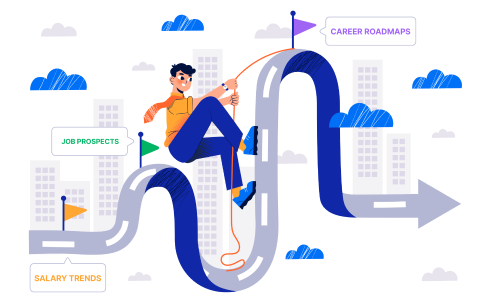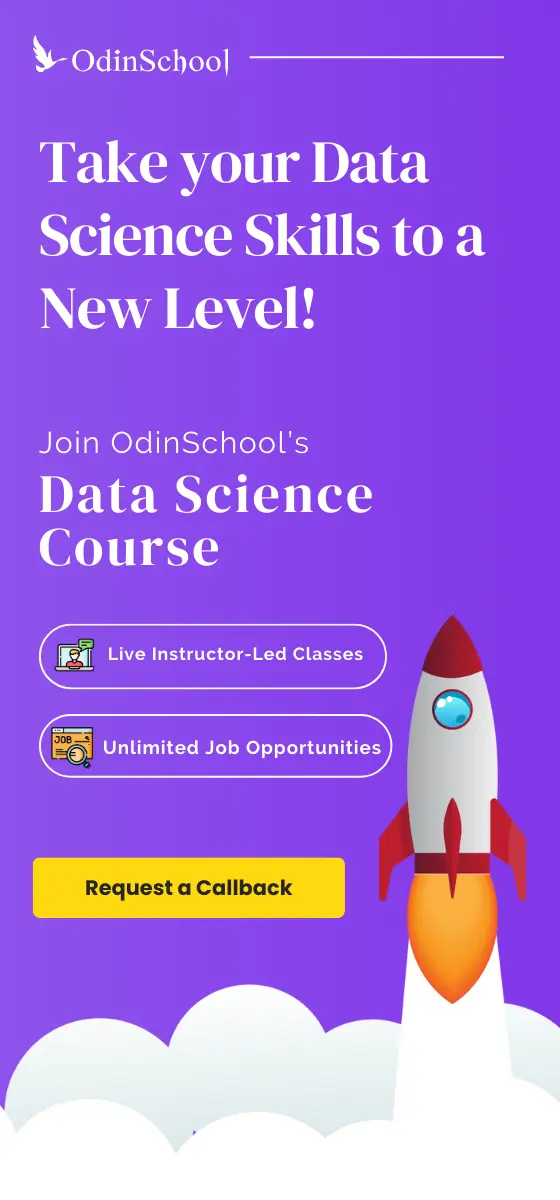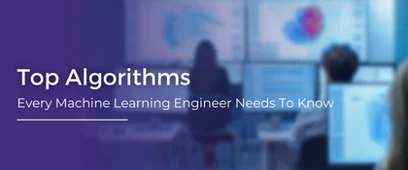Artificial Intelligence Benefits And Risks
Summary
Artificial Intelligence (AI) has captured public imagination and offers various benefits, such as handling Big Data, diagnosing illnesses, and powering self-driving cars. However, it also poses risks, as seen in cases of AI-generated market trading causing huge financial losses and AI chatbots learning offensive behavior from users. The concern lies in AI pursuing goals that may not align with human interests. Understanding and managing the risks and benefits of AI is crucial for leveraging its potential while mitigating potential harm. AI's impact on society and businesses makes it an exceptional yet volatile technology that will continue to shape the future.
Table of Content
Rarely do things capture the public imagination so much as Artificial Intelligence. It is a lot like Marmite - you either love it or hate it. For many of us, it’s a super helpful technology that simplifies and amplifies our lives. For others, it’s a portent of doom and industrial upheaval. There are a lot of ways in which Artificial Intelligence makes our lives a lot better, but it would be unwise to ignore the various ways it can - and does - go wrong.
Artificial Intelligence is the ability of computers to behave in an ‘intelligent’ manner. This means making good decisions based on available data. In more technical terms it takes an ‘input’ and turns it into an ‘output’ which is advantageous towards its end goal. Whether that is by looking through data to find a helpful pattern or by helping to steer an automated vehicle is irrelevant. It’s all the same under the hood. It just differs from degrees of complexity.
Benefits of AI
One of the biggest benefits of AI is that it can accomplish what we cannot. It ‘thinks’ a lot differently than humans. Artificial Intelligence deals with large quantities of numbers and does not think creatively like we do. This means it is strong where we are weak, and weak where we are strong. Humans and AI make very good teams. Contrary to popular belief, AI is frequently used to augment human teams instead of replacing them.
One example of this is in Big Data. Our society outputs unfathomable amounts of data from almost everything we do. Driving, texting, tweeting, eating and even sleeping. The vast array of technology we use that is connected to the Internet of Things means that we are constantly generating information.

Humans do not have the time or scalability to manage all of this, but for Artificial Intelligence, it is a piece of cake. This is why so much time and effort has been put into building AI systems that can handle all of this data and output useful information for a range of businesses. The world’s major corporations are currently in an AI ‘arms race’ to get the best algorithms for the fastest and most accurate analysis. The reason being that a data edge equates to a significant business edge over the competition (also consider checking out this perfect parcel of information for data science degree).
Using AI
Using data analysis and machine learning, AI has already learned to diagnose some illnesses with greater accuracy than doctors. It has learned to drive cars safer than us and also learned to build things faster than us. It has learned to seek out paths in data to catch terrorists before they can act. AI can also spot micro-movements in our bodies to uniquely identify us by our walk, our speech or how we use our facial features. These all offer incredible benefits to us as humans, as long as we can focus the AI on the information we want to know.
Self-Driving Cars and Autonomous Drones are an area in which AI is also extremely beneficial. The ability to have a driver or pilot who is never distracted, never tired and never needs to take a break is incredible. It will have significant effects on the transport industry. Though it’s easy to imagine this only in terms of better profit margins, that would be a mistake. The true value lies in areas such as Search and Rescue, Organ Transport, Drone-Delivered Parcels and the ability to transport vital supplies to remote areas.
More than anything, the greatest benefit of AI is that it can work all day every day without taking a break. This means that even a small startup can have an ‘employee’ doing its duties 24/7, undertaking administrative tasks that would have taken a team of interns only a decade or two ago.
Artificial Intelligence is not just all fun and games, though. Like fire or nuclear power, it is an extremely powerful technology that when used correctly can offer myriad advantages. However, like those technologies, it can also cause destruction if used incorrectly.
You may also like: Artificial Intelligence and Machine learning: How are they related?
An example of this was when the Associated Press’ Twitter account was briefly hacked, and the hacker posted a tweet stating that Barack Obama had been injured in an explosion at the White House. This set into motion a series of events that lasted only fractions of a second, but which caused $136 Billion in damage.

Source: https://twitter.com/
In the market trading sector, many traders use simple AIs to make instant trades based on many variables. Lots of these variables are news sources. The sudden news of a Wildfire in a place known for its wood exports? Buying stocks in rival companies who will be unaffected by the fires within a second of the news breaking would result in an instant profit. Perhaps in millions. We are sure you can see where this is going.
Several Artificial Intelligence techniques which handle automated shares trading in relation to real-time news ‘saw’ the news tweet as soon as it went live. In a fraction of a second, they frantically began to offload shares in American companies. As these AIs made this decision, the sudden shift in the market also caused other AIs to respond. The algorithms were only doing what they were told to do, so we cannot truly blame the AI. That was (surprise, surprise) no consolation to those who lost billions of dollars.
You may also like: How can Machine Learning benefit Cloud Computing?
AI may be wrong
Though this is simply the teething problem of relatively new technology, it is a very real indicator of how automated systems can quickly go wrong. When the reaction times of automated systems are in the milliseconds, all of the damage is done by the time a human steps in. For this we need other automated systems as fail-safes - but what about when they themselves fail? Ultimately, this is one of those risks we have to just accept at present. Even the best written, most planned for the algorithm can take a wrong turn. This is not down to faulty technology but just the nature of things (also consider checking out this career guide for data science jobs). We cannot see into the future, and so cannot hope to predict everything that may go wrong. That said, humans are not often far away from the problem in the first place.
As is frequently the case with technology, many other examples of Artificial Intelligence causing damage can be traced back to the questionable behavior of people. In 2016, Microsoft released a new chatbot that would learn from the public it interacted with. This was very exciting, but unfortunately, human nature is what it is.
Within a very short space of time, internet users taught the AI (named Tay) to be a racist. This meant that during many interactions, she would hurl racial abuse at users. From wall-building to holocaust denial, it was all bad news.

Source: https://twitter.com/
Obviously, Tay was not really racist. She was merely picking what she thought were suitable statements to respond to incoming messages. It was humans who shifted the goalposts to such a degree that the messages were coming out offensively. That said, it still caused significant public damage and embarrassment to Microsoft. Tay was taken offline shortly after.
You may also like: Top 10 Algorithms every Machine Learning Engineer needs to know
These are comparatively benign risks compared to the apocalyptic predictions of some. There is a misconception that those who are worried about AI posing a threat to humanity are concerned with AI turning ‘evil’. In reality, a number of people are worried about an AI becoming competent and then pursuing goals that do not match our own. These are not only public members but many top AI researchers. Just like we control lions, tigers, and elephants by being smarter than them, so could a ‘rogue’ AI similarly control us, in theory.
Some top AI experts say that the risks of AI outweigh the benefits, and we need to curtail our usage. Others say that there are no risks at all and that we need not have any concerns. However, the reality is (as always) somewhere in between. Artificial Intelligence has the capacity to bring humanity to heights we can barely imagine, but like any technology or invention, it also has the capacity to cause a lot of harm. Whether that harm is by causing billions of dollars in damage, costing human lives, or the entire downfall of civilization is irrelevant. The fact remains that Artificial Intelligence stands to both benefit us and cause risks both to society and to our businesses. Understanding and predicting these is the key to coming out ahead. One thing is for certain - this exceptional yet volatile technology is not going away any time soon.





